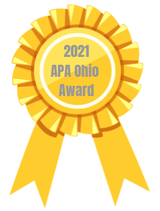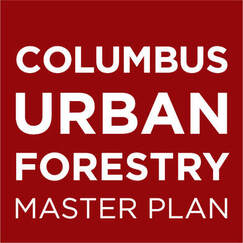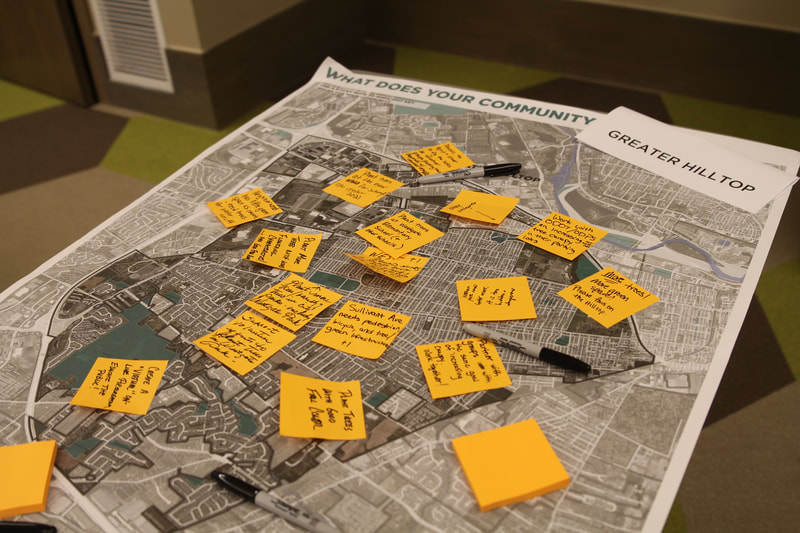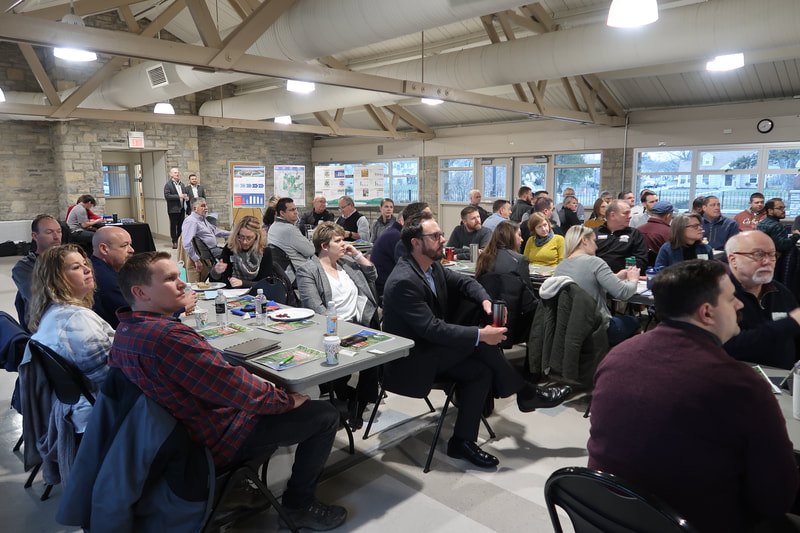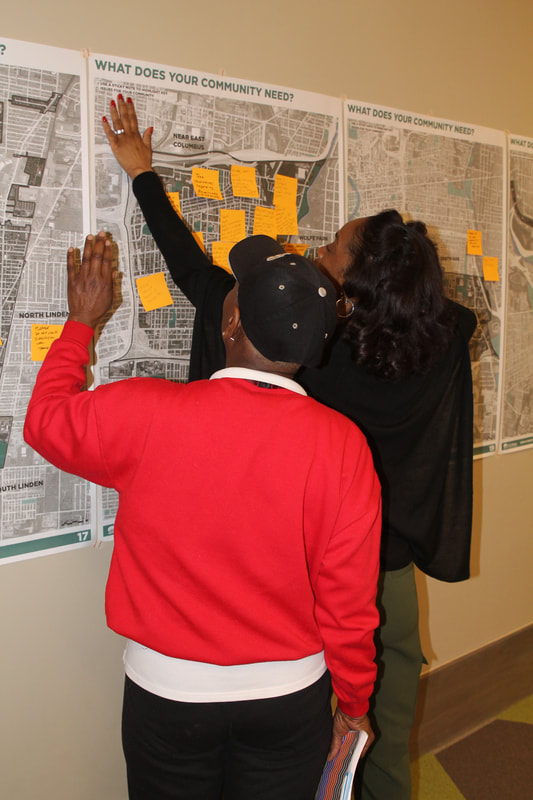Columbus (OH) Urban Forestry Master Plan (2021)Forward-thinking cities across the country are harnessing the power of trees to improve livability and address public health and safety concerns. The City of Columbus made a decision to proactively manage, preserve and grow its urban forest through an urban forestry master plan (UFMP). This was a critical step for the city, especially in light of the exponential growth expected and existing public health challenges combined with a warming climate.
At the time of the plan, tree canopy was not equitably distributed across the city, causing disparities in health, economic prosperity and overall quality of life. This plan was aimed at reversing this situation and providing more efficient and effective urban forest management services to citizens. The City relied on the urban planning and municipal forestry operations expertise of Urban Canopy Works to co-develop the plan.
This project engaged a 100+ member Advisory Group in multiple working meetings to assess the conditions of the existing urban forest and to determine the community’s priorities. Input was also collected through the project website and a well-attended public open house. An internal operations review was conducted, as well as a full review of the policies, plans and codes in place. UCW’s approach to this project from the beginning was to be thorough, inclusive and flexible. Experience has shown that expectations and outputs can change or evolve throughout the planning process as discoveries are made from data analysis and public engagement.
Columbus UFMP Featured in CATE Journal. Columbus' urban forest master plan project was featured in Loyola Marymount University's Cities and the Environment (CATE) journal. This journal focuses on peer-reviewed scholarship on urban ecology research and urban ecology education. Read the journal article.
|
We are proud to announce that the Columbus UFMP project won two awards in 2021!
A strategic and long-term investment
|
If you are interested in exploring an urban forest master plan for your community, please contact us.
|
Urban Canopy Works, LLC | Contact Us | © 2023-25
|
UCW is proud to support: |

